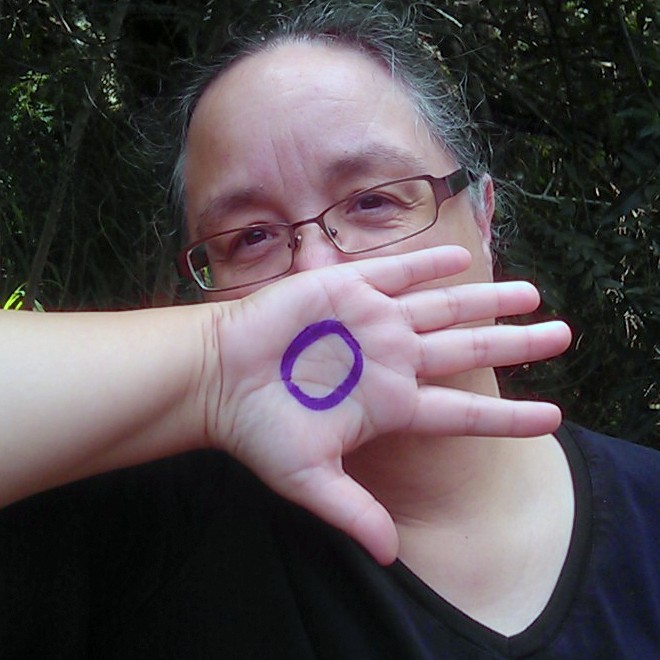Living Well With Diabetes: Be Resourceful
The best laid schemes of Mice and Men oft go awry,
And leave us nothing but grief and pain…
—Robert Burns, To a Mouse
No matter how hard I try to be well organized, life sometimes throws me a curve ball.
I get a cold that makes me feel so miserable that all I want to eat is warm bowls of chicken pho soup brimming with rice noodles. Or a business trip puts me on a 5 a.m. flight, disrupting my normal routine.
Whatever the cause I have to adjust my routine, often on the fly, sometimes in unfamiliar surroundings, generally by myself. And, oh yeah, I still have to keep tight control of my diabetes.
In short: How do I stay resourceful?
Being resourceful is about responding effectively to changes and challenges. It’s about staying on top of things like taking my meds, eating as healthfully as possible, and still getting some exercise when it’s not a normal day. It’s also about getting back to my normal routine as quickly as possible when it gets disrupted.
I’ve identified three approaches that help me stay resourceful.
1. Think things out in advance. This can happen the night before while I am reviewing my plan for the next day or weeks in advance of a business trip or the flu season. I think about the “what ifs.” What if today’s meeting runs into lunch time and the only thing in the conference room to eat is donuts? What if the hotel I’m staying at doesn’t have a gym and it’s snowing outside? What if I get the flu?
It’s not possible to anticipate every change or challenge. But it is possible to anticipate the most likely ones over time. If I’ve thought out the situation in advance I’m more likely to stay clear headed and make adjustments that keep me healthy.
2. Know where to find out reliable information. I try to have a go-to strategy for information. Can I call the advice nurse? Look it up online? Look back at my food journal? Who can I contact? Where can I look?
It’s not necessary to know everything all the time. But it is very helpful to know where and how to find things out.
3. Have an anchor. An anchor is something that is always there and helps you get back on track. For me it’s my food journal. I write down blood glucose readings, when I take my meds and what I eat pretty much every day.
When my routine gets derailed and I can look at my food journal and see for how long I’ve gotten off track and by how much. I can also go back and see when I’ve kept to my routine. This reminds me how to successfully manage my health.

